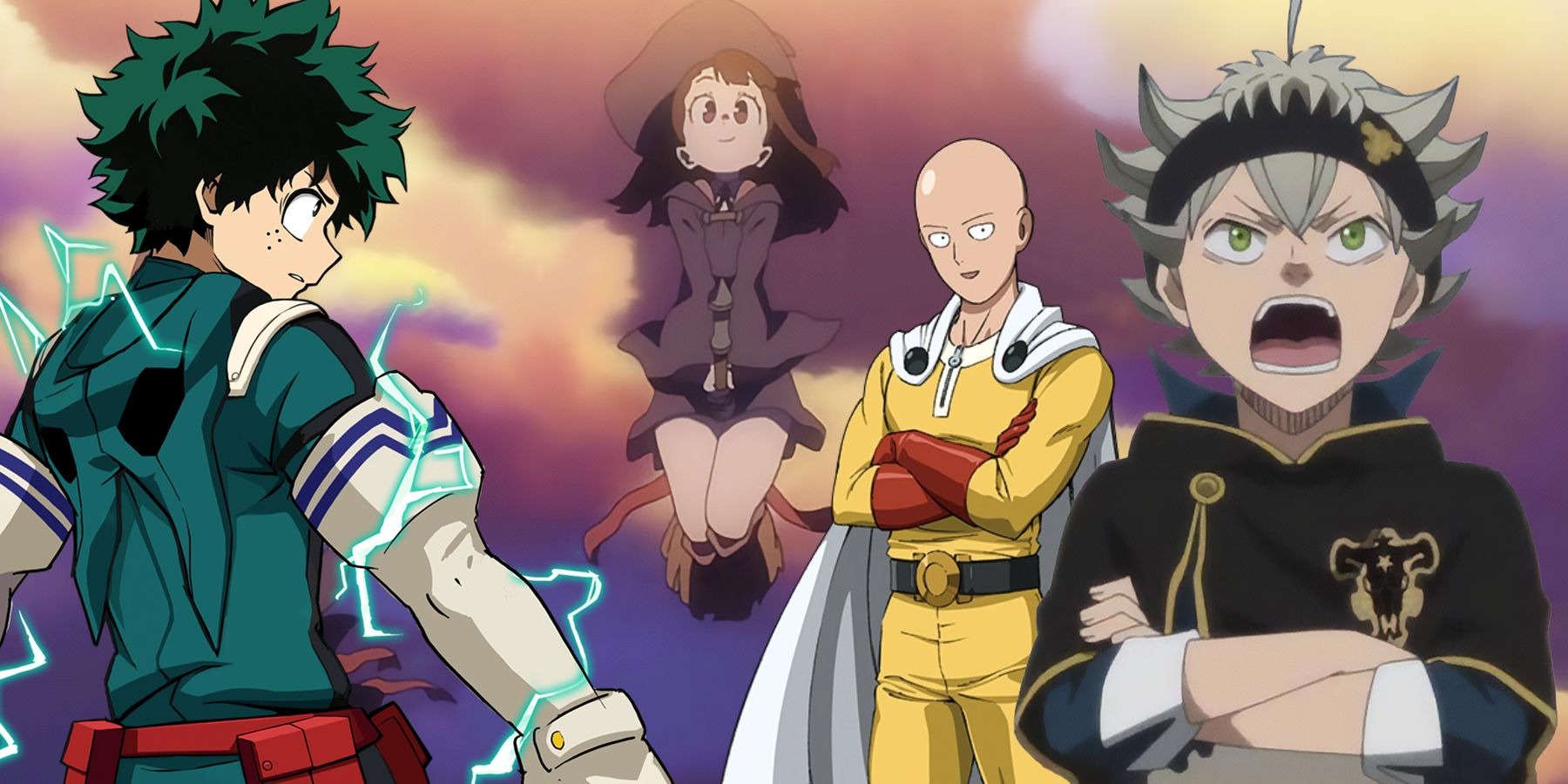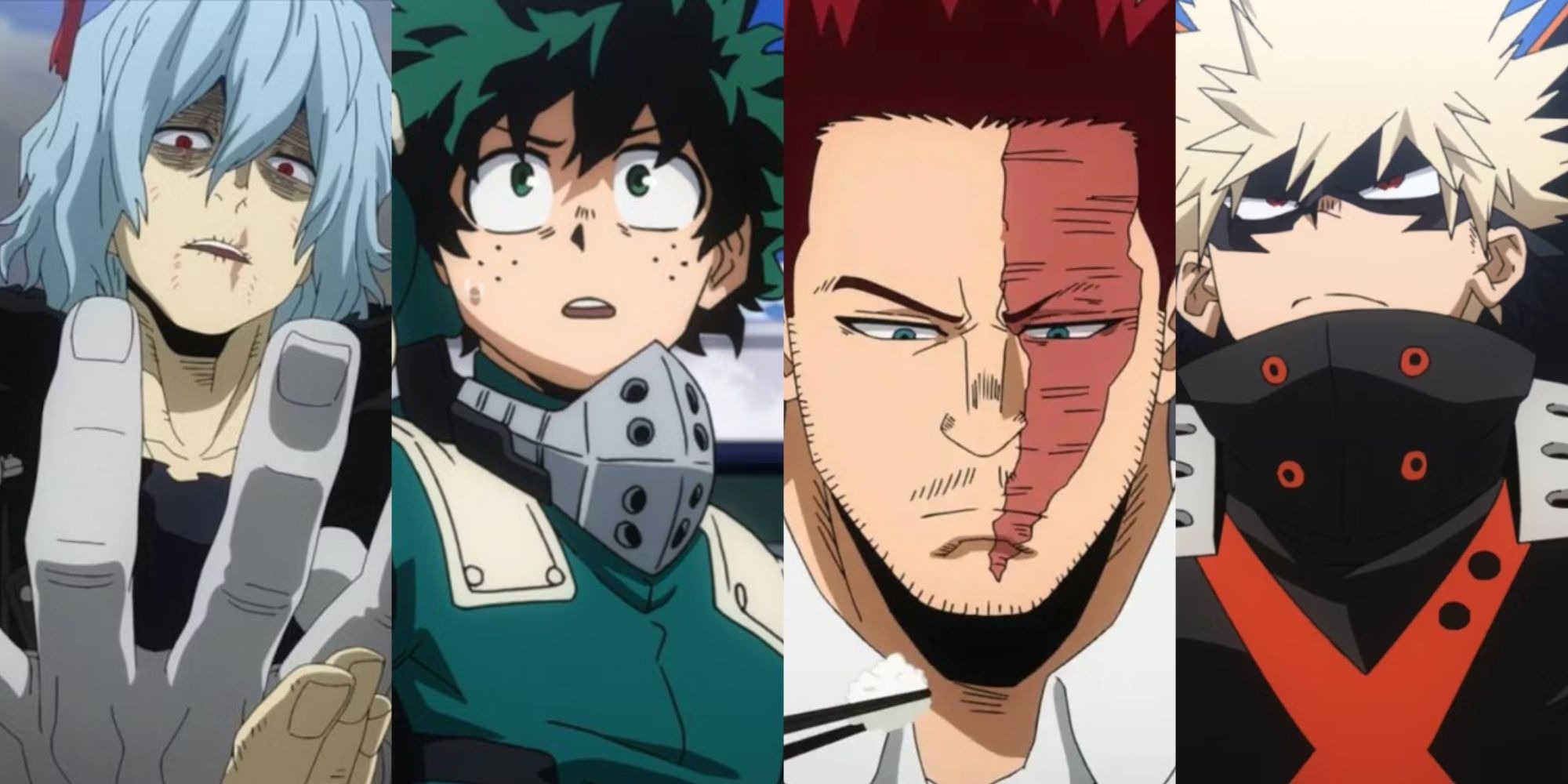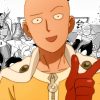Serving as the leading authority over heroes in One-Punch Man, the Hero Association is expected to operate with honesty and a commitment to public safety. Despite this perception, recent developments in the manga have revealed that the organization is involved in numerous dubious activities, all motivated by financial interests.
These unethical dealings are deliberately kept secret from the public, allowing the association to uphold its image as a just institution while commanding an extensive roster of professional heroes.

The Hero Association Functions as a Privately Owned Entity
Although it plays a major role in maintaining order, the Hero Association is not a government-run institution but a privately controlled organization. This autonomy grants it the power to govern itself without outside interference.
While the association does fulfill its obligations by deploying heroes to combat threats and recruiting skilled individuals, its growing influence has also made it more susceptible to corruption. The larger the organization becomes, the more it prioritizes financial and political interests over its original purpose.
The Hero Association Operates as a Private Army for Wealthy Sponsors
The association employs hundreds of heroes, all of whom receive compensation for their services. Running such an operation requires substantial financial backing, which is provided by wealthy sponsors. These affluent individuals contribute enormous sums of money in return for guaranteed protection.
The influence of these benefactors extends beyond personal security, as their demands often dictate the association’s actions. This was evident when the Hero Association launched an all-out attack against the Monster Association after the abduction of Waganma, the son of a high-profile sponsor.
The battle was less about public safety and more about fulfilling the wishes of those financing the organization. Even with substantial support from wealthy donors, the association still struggles to cover all its expenses.
To generate additional revenue, it engages in questionable business practices, including a corrupt real estate scheme. After relocating its headquarters to A-City following its destruction, the organization constructed a new, highly fortified facility with more space.
A-Class heroes were granted free lodging within the headquarters, though this came with hidden costs. In reality, the association used this as a strategy to drive up the value of its housing units. By promoting the headquarters as a high-security residential area occupied by elite heroes, the association was able to sell properties at exorbitant prices.
The financial burden fell on middle-class buyers, many of whom were forced to take on decades-long loans just to afford a place in the Hero Association’s so-called safe haven. This real estate venture is just one of several unethical schemes the organization is involved in.
The Hero Association Profits from Selling Captured Monsters
Aside from its real estate dealings, the association engages in an even darker practice—trafficking captured monsters. Its new headquarters is not only a home for heroes but also houses an underground prison where mysterious beings are detained and secretly sold to questionable organizations.
This operation was exposed when Tornado, Blizzard, and Saitama attempted to free Psychos, a former Monster Association executive, only to discover that she was being auctioned off to Tsukuyomi, a group infamous for conducting inhumane experiments on powerful individuals.

Considering that the Hero Association is supposed to be an organization dedicated to eliminating monsters and safeguarding humanity, its involvement in selling creatures to underground buyers is both hypocritical and unethical. However, given the financial incentives, this activity is unlikely to stop anytime soon.
The Hero Association’s Secret Gambling Operation
Another source of illicit income for the Hero Association is its underground betting operation. McCoy, the official responsible for selling captured monsters, also manages an illegal gambling den tied to the association.
This operation uses battle footage gathered from various locations, allowing an elite group of spectators to place bets on fights between heroes and monsters. Just like other gambling circles, matches featuring weaker fighters offer higher payout multipliers.
The corruption runs deeper, as the betting system is not as straightforward as it seems. The association manipulates the odds by assigning heroes to face monsters with inflated threat levels. By exaggerating the strength of certain creatures and strategically selecting which heroes engage them, the association maximizes profit for its wealthiest sponsors.
This ensures that major financial backers receive favorable betting outcomes, securing their continued support.
The involvement of heroes in these schemes is not always voluntary. Many of them are aware of the corrupt dealings but are forced into compliance. McCoy has already blackmailed several heroes, coercing them into participating in the association’s unlawful operations.
Those who refuse to cooperate face severe consequences, including losing their status and benefits or becoming targets themselves. The Hero Association, once seen as a symbol of justice, has now revealed itself to be one of the most ruthless organizations in One-Punch Man.


